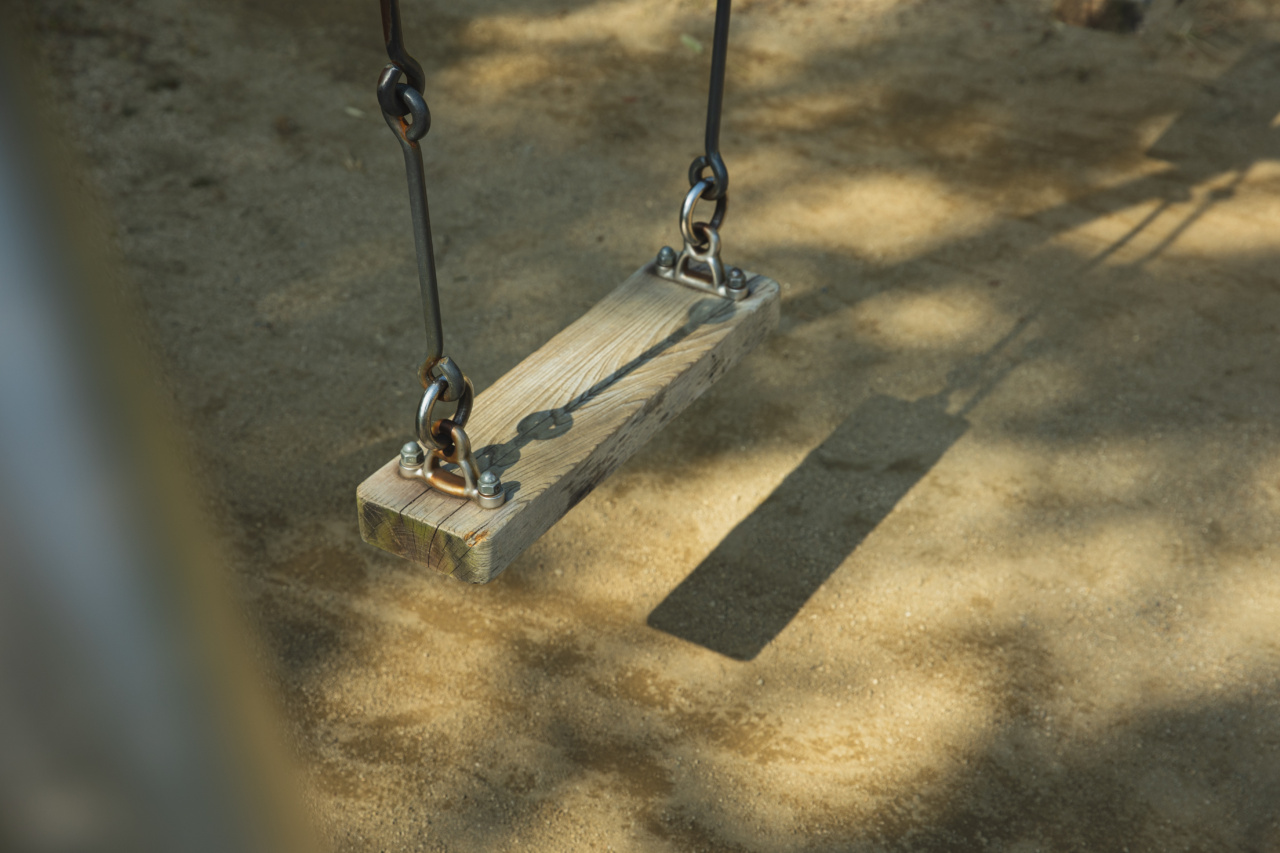When it comes to handling heavy loads, protecting your spine should be a top priority. Your spine, made up of delicate bones, muscles, and nerves, plays a crucial role in supporting your entire body.
Improper handling of heavy objects can lead to serious spinal injuries and long-lasting back problems. To prevent these issues, follow these 10 simple tips to safeguard your spinal health:.
1. Lift with Your Legs, Not Your Back
One of the most important tips to protect your spine is to lift heavy objects using your leg muscles rather than relying on your back. Bend your knees and keep your back straight while lifting.
Engage your leg muscles to carry the weight while keeping your spine in a neutral position.
2. Maintain Proper Posture
Maintaining good posture is essential for spinal health, especially when dealing with heavy loads. Keep your shoulders back and down, and avoid slouching or rounding your back. A straight and aligned spine reduces the risk of back strain and injuries.
3. Use Mechanical Aids
If possible, use mechanical aids such as dollies, forklifts, or carts to transport heavy items. These tools are specifically designed to bear heavy loads, relieving the stress on your spine.
Whenever available, make use of these aids to minimize the strain on your back.
4. Break Down Large Loads
If you encounter a bulkier load that is difficult to manage, consider breaking it down into smaller, more manageable parts. Handling smaller loads reduces the risk of trauma to your spine and allows for better control and balance while lifting.
5. Get Some Help
Do not hesitate to ask for help when dealing with especially heavy or awkward objects. Working with a partner can distribute the load and reduce the strain on your spine.
Requesting assistance is a wise decision when you encounter a load that is beyond your capabilities.
6. Warm-Up Before Lifting
Warm up your body by performing some simple stretching exercises before attempting to lift heavy loads. Stretching can help increase blood flow to your muscles, making them more flexible and less prone to injury.
Remember to focus on your back, legs, and core muscles.
7. Avoid Twisting While Lifting
When lifting heavy objects, twisting motions can place excessive strain on your spine. Instead, turn your whole body in the direction you want to face. Take small steps to reposition yourself rather than twisting at your waist.
This technique ensures even distribution of weight and minimizes the risk of spinal strain.
8. Gradually Increase Your Strength
If you frequently handle heavy loads, it is crucial to gradually build up your strength and endurance over time.
Engage in regular exercises, such as weightlifting or resistance training, to strengthen your muscles and protect your spine from the demands of heavy lifting.
9. Wear Proper Footwear
Invest in supportive footwear that provides stability and cushioning for your feet and spine. Shoes with good arch support and shock absorption help minimize the impact of heavy loads on your spine.
Avoid wearing high heels or shoes with inadequate support while performing lifting tasks.
10. Take Breaks and Rest
Lastly, remember to give your body regular breaks and rest periods to recover from strenuous activities. Prolonged or repetitive heavy lifting without adequate rest can fatigue your muscles and increase the risk of spinal injuries.
Listen to your body and take breaks when needed.
By following these 10 simple tips, you can protect your spine from the harmful effects of heavy loads. Remember that prevention is always better than treatment when it comes to spinal health.
Prioritize your well-being and implement these guidelines to maintain a healthy back and avoid spinal injuries.




























